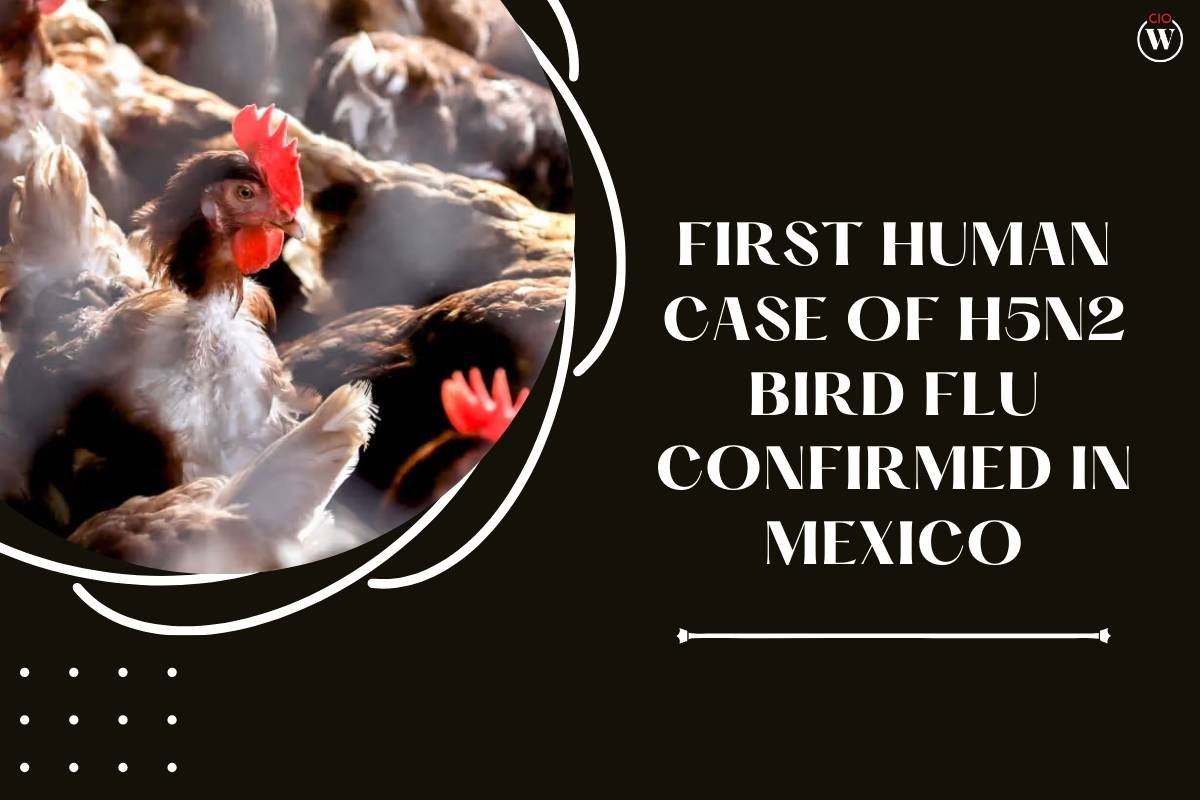Source – Healthline
In April, a 59-year-old individual from the State of Mexico, who had pre-existing health conditions, succumbed to H5N2 Bird Flu, as confirmed by the World Health Organization (WHO) on Wednesday. The patient had been admitted to a hospital in Mexico City and passed away on April 24 after experiencing a range of symptoms including fever, shortness of breath, diarrhea, nausea, and general discomfort. The source of the virus exposure remains unknown, as stated by the WHO.
This case marks the first laboratory-confirmed human infection with the influenza A(H5N2 Bird Flu) virus worldwide, and notably, the first avian H5 virus case in a person in Mexico. Despite this, the WHO reassures that the risk to the general population remains low. The Health Ministry of Mexico also confirmed that the origin of the infection is still unidentified, emphasizing that the deceased had no known contact with poultry or other animals. However, the individual had been bedridden for three weeks prior due to multiple underlying health conditions, including chronic kidney disease and type 2 diabetes.
Expert Insights and Broader Context
Andrew Pekosz, an influenza expert at Johns Hopkins University, highlighted that the victim’s pre-existing conditions heightened their risk of severe influenza, even for common seasonal flu. Pekosz pointed out the uncertainty surrounding how the individual contracted the virus, stressing the need for thorough investigation. In March, an outbreak of A (H5N2 Bird Flu) was reported within a family unit in Michoacan state, Mexico. Authorities clarified that this did not pose a risk to distant commercial farms or human health. Following the April fatality, Mexican officials confirmed the virus’s presence and reported the case to the WHO.
The WHO and Mexico’s health ministry assured that there was no evidence of person-to-person transmission. Nearby farms were monitored, and individuals in contact with the patient tested negative for bird flu. Bird flu, known to infect mammals such as seals, raccoons, bears, and cattle primarily through contact with infected birds, remains under close scrutiny by scientists who are vigilant for signs that the virus could adapt to spread more easily among humans.
Global Perspective and Vigilance
Globally, bird flu continues to be a concern. In the United States, three cases of H5N1 human infection were reported following exposure to dairy cattle since an outbreak in March. Symptoms ranged from conjunctivitis to respiratory issues. Although the H5N2 Bird Flu strain responsible for the death in Mexico differs from the H5N1 strain in the U.S., both are types of H5 avian viruses. Pekosz noted the persistent potential of H5 viruses to infect mammals since their first emergence in 1997, underscoring the importance of vigilance and monitoring for these infections.
In May, Australia reported its first human case of A (H5N1) infection, with no signs of transmission. Concurrently, the country identified more poultry cases of H7 bird flu on farms in Victoria state. These instances underscore the ongoing need for global awareness and proactive measures to track and mitigate the spread of avian influenza, ensuring public health safety.









